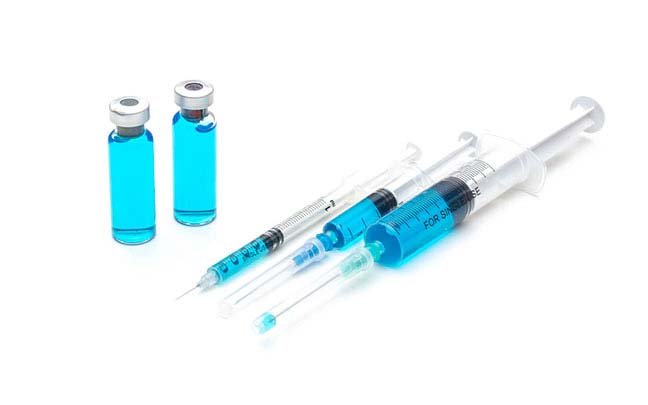Hepatitis is considered the second major killer infectious disease, after tuberculosis (Tuberculosis or TB is a disease that’s caused by bacteria called Mycobacterium tuberculosis. Usually, lungs are attacked by the virus, but they can also damage other parts of the body.), and nine times more people are infected with hepatitis than HIV.”
But hepatitis is preventable and treatable.
Statistics and experiences show that the most efficient and trustable way to prevent hepatitis is vaccination, which has proved its effectiveness.
The good news is that Hepatitis vaccination is simple, highly effective, and there is nothing for you to worry about. This blog is prepared by the Southern Nevada Occupational Health Center, and it is going to cover all you need to know about Hepatitis vaccines.
Hepatitis A and B
Hepatitis A is often spread through eating contaminated water or food or contacts, including sexual relations with an already infected individual.
Hepatitis B is spread by contact with body fluids, blood or sharing IV drug needles of an infected person, or when a baby is born to a mother who is already infected. It can include contact with items that they could have blood or body fluids on them such as toothbrushes and razors.
Both types of hepatitis are different, but the diseases they cause are the same, including:
- Inflammation of the liver,
- Vomiting,
- Jaundice (yellowing of the skin or eyes).
Hepatitis is extremely dangerous; they can lead to cirrhosis liver cancer or even death.
Hepatitis A and B vaccines
Hepatitis A and B vaccines are considered the most effective way to prevent this disease. The vaccine exposes you to a small dose of the virus, which makes the body to develop immunity to the disease. This vaccine is not effective for an active infection that has already developed in the body.
Why is hepatitis so dangerous?
Hepatitis A virus can survive up to seven days on dried surfaces and ten months in water.
Hepatitis B virus can survive on surfaces for at least seven days.
Who Should Get the Hepatitis A and B Vaccine?
All the children that are between 12 months and 23 months need to get Hepatitis vaccines by the CDC regulations. It also suggests that any infant aged 6 to 11 months who are traveling internationally needs to get vaccinated too. But there are some groups of adults that vaccination is essential for them, including:
- People who have chronic liver problems like cirrhosis or Hepatitis C or need a liver transplant.
- live with an individual who has Hepatitis A or B infection;
- Have/ have had sexual contact with an infected person
- Gays and bisexual males who engage in high-risk sexual activity
- Anyone who uses illegal drugs
- If you travel to countries where hepatitis A is common. The best source to check is the CDC’s travelers’ health website.
- Parents adopt a child from a country where hepatitis A is common or people who are close to them.
- Military personnel
- People exposed to risk through their work, such as workers who come in contact with stool or sewage, police, lab workers who are dealing with hep A and B viruses, and those who give first aid or medical help.
- Those who work in child daycare centers, residents of drug and alcohol treatment centers, and correctional facilities.
- People with hemophilia.
- Users of illegal drugs.
- People need frequent blood products.
Who should not get the Hep vaccines?
You have any life-threatening, severe allergies.
- If you have ever suffered a fatal allergic reaction after hepatitis vaccination, or are allergic to portions of this vaccine, you may be advised not to get vaccinated.
You are not feeling well.
- If you feel like having a moderate sickness, such as a cold, you may not get the vaccine today. If you are severely ill, you should probably wait until you recover.
In case you are pregnant, let your doctor know. It is unknown whether this vaccine is safe for pregnant women or not, although the risk is considered to be very low.
What are the symptoms of hepatitis A and B?
The symptoms normally appear in an infected individual after 2 to 6 weeks and usually last less than two months, although some people may feel sick for as long as six months.
Not all infected adults will experience symptoms. That means you could contract hepatitis A or B, and spread the viruses to others, without realizing it.
Symptoms of Hepatitis may include:
- Fever
- Nausea
- Jaundice (skin turn yellow, eyes white)
- Loss of appetite
- Vomiting
- Abdominal discomfort
- Feeling unwell
- Dark urine
- Fatigue




